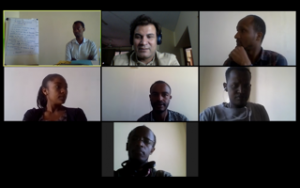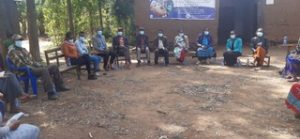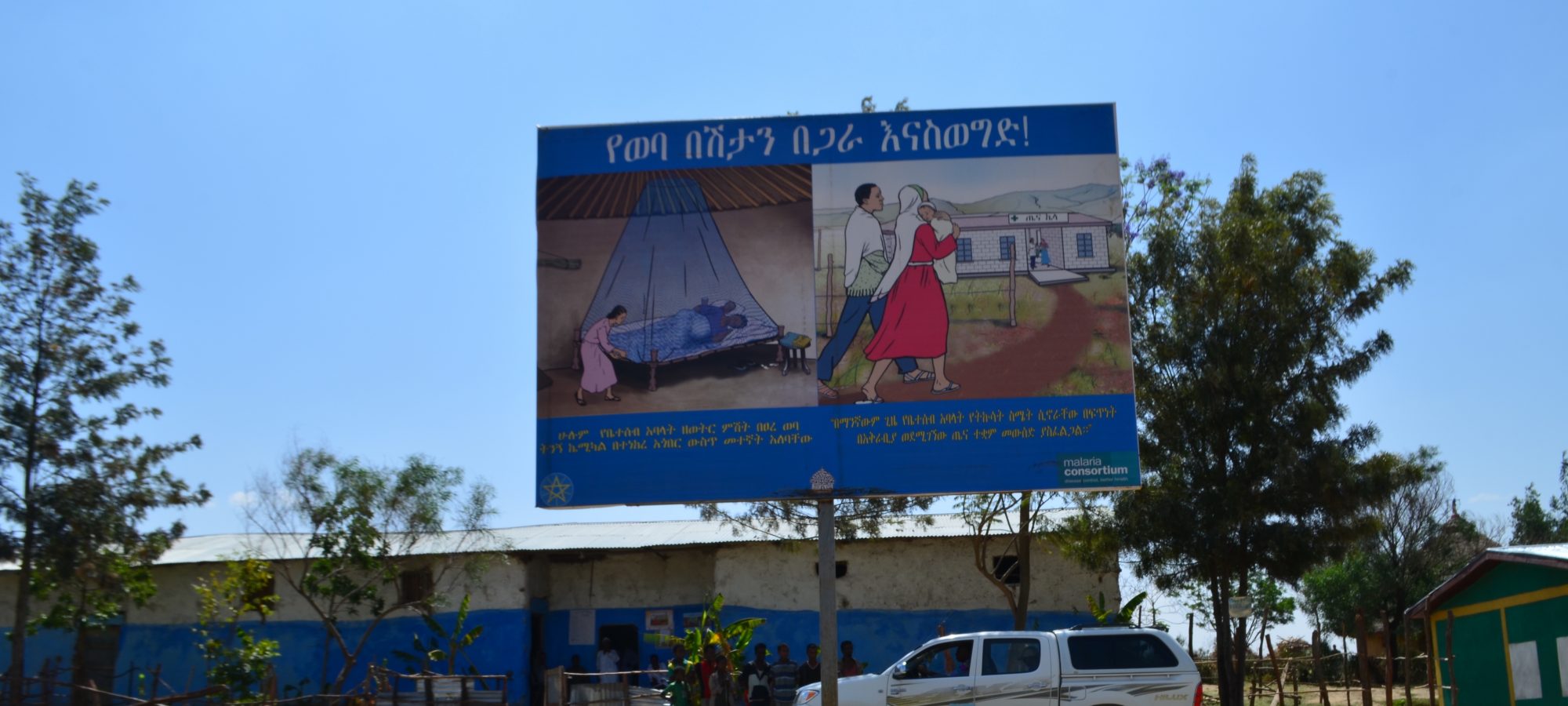| Shafique Muhammad is a specialist in communication and behaviour change with areas of expertise in malaria and dengue prevention and control, maternal and newborn health, and polio eradication. He writes here reflecting on his experiences of running training sessions for Malaria Consortium during the COVID-19 pandemic.
I’ve been working in the public health field for a number of years and have spent a lot of time facilitating the training of researchers involved in health projects. But in the past year, like in so many occupations, my way of working changed unrecognisably. Back in mid-2020, I was due to board a flight to Ethiopia to facilitate a training on qualitative research, as part of a study by Malaria Consortium looking at positive deviance as an approach to improving awareness of malaria. The rise of the pandemic changed my plans. Flights were restricted and in-person contact was understandably curtailed. My view was that trainings, such as the one we were due to carry out, are much more effective in person than using digital tools, especially for a subject as complex topic as qualitative research. However, in such uncertain times, meeting in-person for a training was out of question. The focus remained on conducting our activities in a way that was safe and prevented the transmission of COVID-19.  Like the rest of the world, we turned to tools like Zoom to enable our work to continue in some form. We had to find a way to equip our team with the requisite skills to conduct key informant interviews with health extension workers and health development army (Ethiopia’s volunteer workforce of 3 million people, mainly women, advocating for health in their communities) and focus group discussions with community members on the acceptability and feasibility of the positive deviance approach on malaria. Working alongside Malaria Consortium’s team in Ethiopia and the all-important technology, we carried out the full three-day training remotely. The key purpose of the trainings was to improve participants’ understanding of qualitative research and impart interviewing and facilitation skills. From students, to teachers and moderators, it was the first time I had been on this type of call in which no one had any qualms with technology. Each attendee had become much more adept with the software due to the amount it was being used during the pandemic. The essence of the interactive training was kept intact as we used participatory methodologies which included conceptual games, interactive role plays and group-work that helped improve the knowledge and skills of the interviewers. However, trainings carried out virtually or physically, difficulties occur regardless. On day three, due to slow internet in the field, we moved from Zoom to Skype, which we found worked better with slower internet. This meant that we could continue being in touch with the team during pre-test in the field.  The purpose of the pre-test was to oversee the process of pre-testing the qualitative topic guides in the actual setting in which they would be used and to provide timely feedback to improve implementation. The qualitative topic guides were comprised of key themes on malaria including signs and symptoms of malaria, causes of malaria, health-seeking behaviours, preventive measures, including indoor residual spraying and trusted sources of health information. A debrief meeting was conducted with the interviewers in the evening. Based on the pre-test results, the topic guides were tweaked and finalized. The training had been carried out successfully, aided by technology. I saw their faces and heard their responses but I missed being able to measure smiles or scepticism from around the room or holding up chart papers and picking out one participant to speak at a time amidst the chatter. By the end of it all, I mainly missed spending time with the team and relishing the taste of Injira, the best of Ethiopia’s many delicious foods. Now I’m reminiscing about these memories of pre-COVID work, I can’t wait to step into our training venues again. But until then, I’m logged in! The trainings outlined in this blog took place as a part of the Strengthening community-based malaria prevention and surveillance interventions project funded by the James Percy Foundation. Learn more about this project You can learn more about Malaria Consortium’s response to COVID-19 across our programmes on our dedicated page. |
Browse blog by:
Categories
Countries
